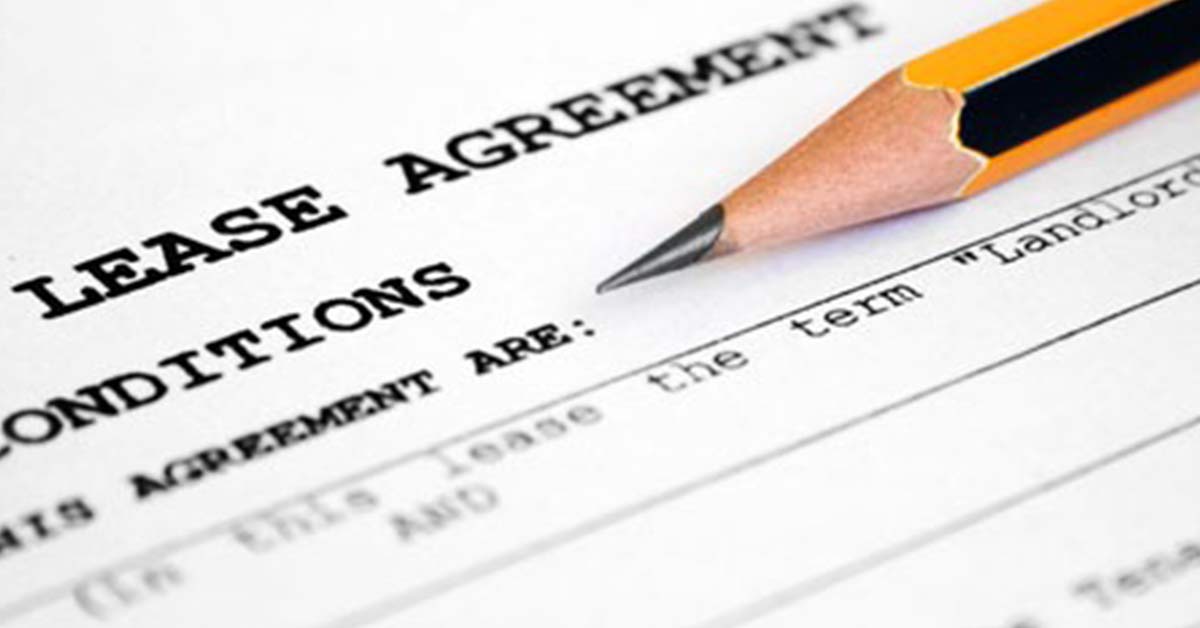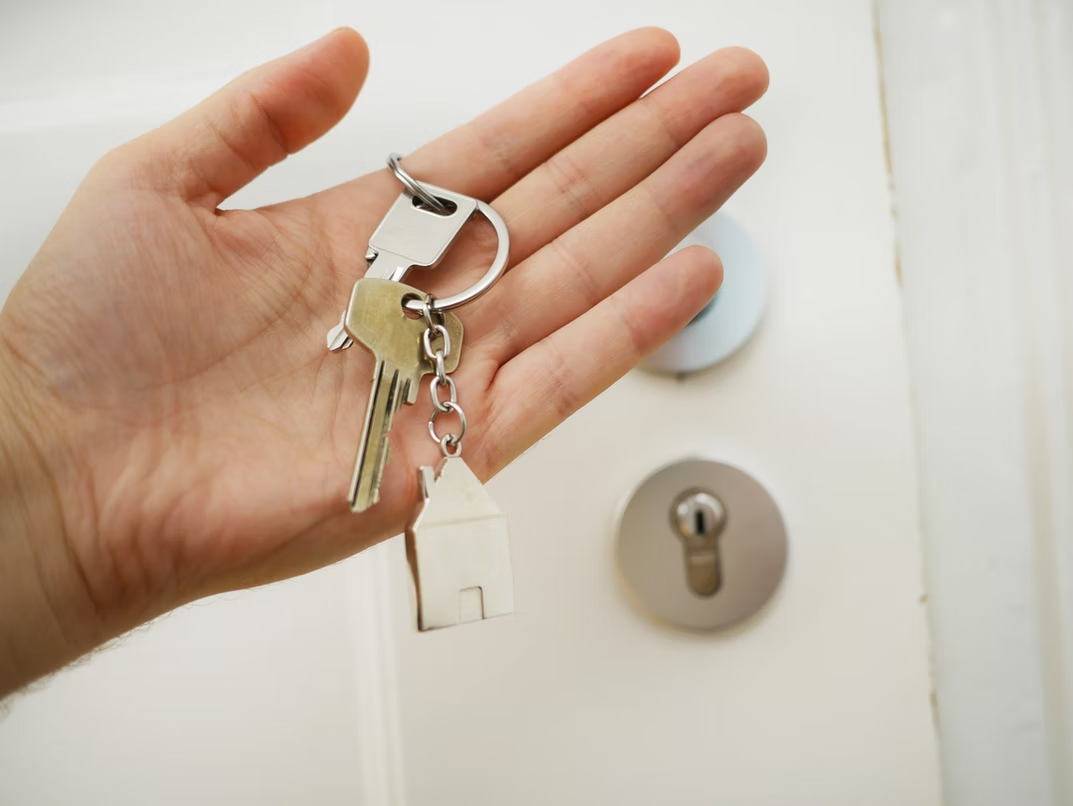
When it comes to contracts, how many of us can say they have read all the small print?
It is the fine print that can make the difference between paying a fair rent on a business premises, or paying more than the market value.
Michael Labrum, senior partner at Labrums Solicitors, said: “I have been revising a commercial lease for an Indian restaurant.
“In the past they have used a standard commercial lease agreement
that they have just signed.
“When it came up for renewal they asked me to take a look at it.
“A lot of people that enter into standard agreements won’t know what it all means and won’t read the small print.
“Who ever helped the landlord develop the lease agreement has created a ticking time bomb. It may never go off, but if it did, it could have catastrophic consequences for a business and cause a lot of damage.”
He said that in several critical areas the lease had risks. If someone had spent an extra £2-3000 on the original agreement the first time around these problems could have been avoided.
“One of the most important parts of a lease are the rent review provisions.
“Rent reviews are standard but they can make a big difference. The basic idea of a rent review is to review the rental rates every 3, 4, or 5 years to negotiate the best possible deal.
“But many tenants don’t know the difference between simple wording like the market rent – which is what the landlord and tenant agree is the true value – and the best rent – which is the best rent that premises could reach if two tenants were going head to head.
“It’s the difference between the top and the bottom price.
“If you have the wrong wording in your agreement, you are already at a disadvantage from the start.”
He said there were also hidden clauses in some contracts which meant that they tenant has to install new equipment if any breakages occur – meaning they will leave the premises better than when they took over the property if any of the ageing equipment fails.
Michael said: “A lot of the time the tenant or lessee doesn’t know the consequences of an agreement.
“For the sake of £1,500-£2,000 to get the job done properly, the landlord will save that cost time and time again on future lease renewals.”
Post a comment
You must be logged in to post a comment.















